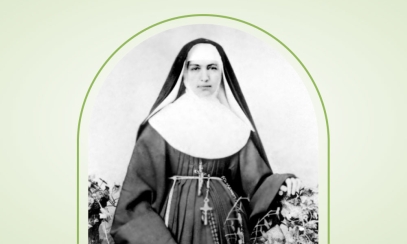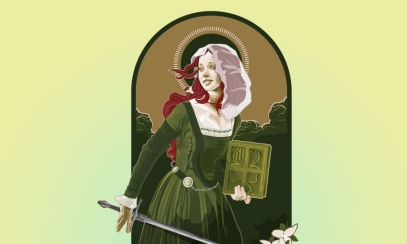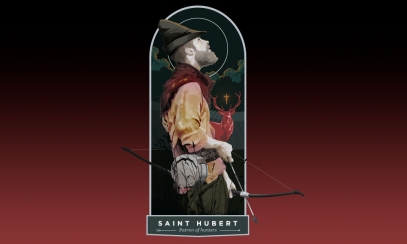The Pirate-Fighting Saint
St. Alexander Sauli
St. Alexander Sauli
Feast day: Oct. 11
Patron saint of Corsica
Canonized Dec. 11, 1904
Meaning of name: Man’s defender, warrior
Claim to fame: Alexander entered a Barnabite monastery at a young age. He soon became a philosophy and theology teacher at the local University of Pavia. In 1565, he was made the superior general of the monastery. During his time there, Alexander came to be known as a passionate and influential preacher. In 1571, Pope Pius V appointed him as the bishop of Aleria, Corsica, where the church was moribund. Alexander and three companions managed to revive it, however. They built churches and schools, and founded universities and seminaries, while also correcting the Corsicans’ behavior and bringing them back to the church. Alexander and his companions also helped the Corsicans fight off pirate raids. The church eventually began to flourish. In 1591, Alexander was made bishop of Pavia, where he died a year later.
Why he is a saint: Alexander willingly went to Corsica, where the people were corrupt and separated from the church. He helped lead the people back to God without using force of any kind. Despite the deaths of his companions, he continued his work. Besides his work in Corsica, Alexander was a noted miracle worker, said to have prophesied and healed. He was also known for calming storms. He served as the spiritual adviser to St. Charles Borromeo and Pope Gregory XIV.
Best quote: We know very little about Alexander’s teachings, although it was said of him that he “was an exemplary pastor in an age of abuse and corruption.”
How he died: Alexander returned to Italy in 1591 as bishop of Pavia. A year later, on one of his visitations to churches in his diocese, he fell ill and died.



